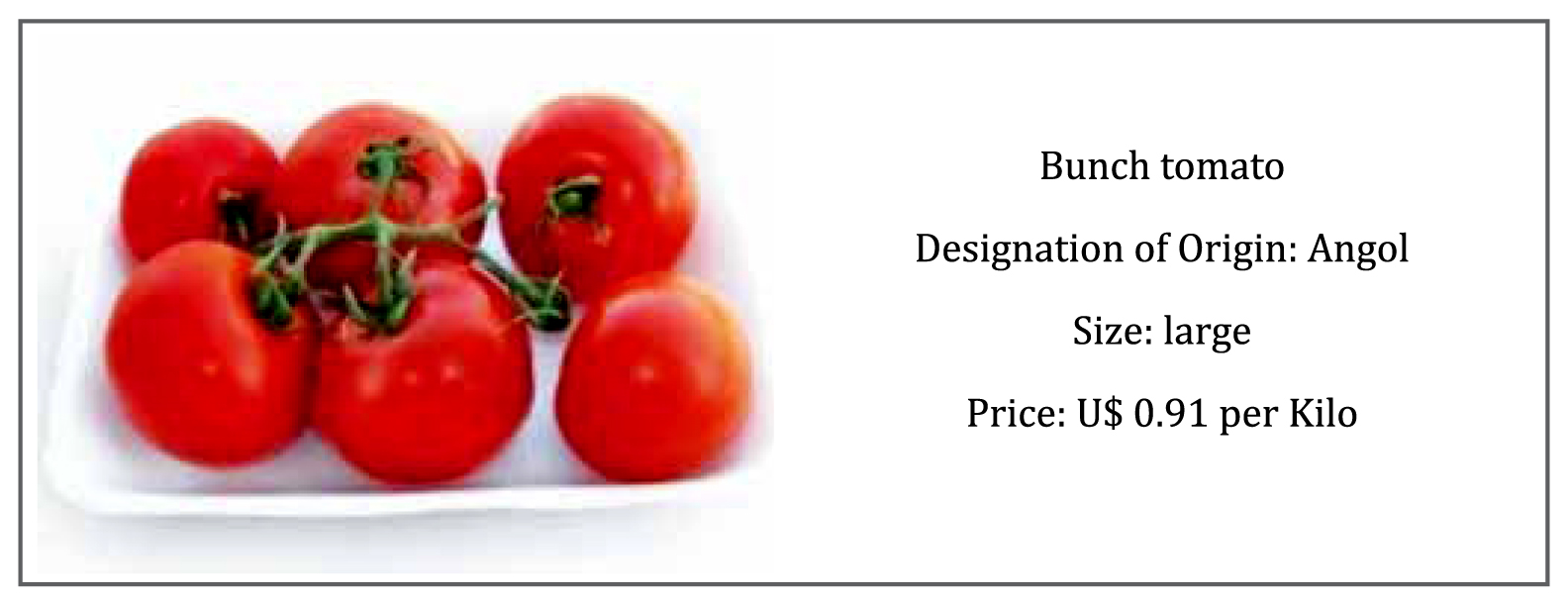Acceptance of a vegetable with designation of origin in two cities in southern Chile
Keywords:
designation of origin, tomato, AngolAbstract
Considering that the regional origin of foods can increase consumer acceptance, the relative importance of the designation of origin (DO) in the decision to purchase tomatoes in Temuco and Puerto Montt, Chile was evaluated, consumer segments were distinguished according to their preferences by administering a survey to 400 people. A conjoint analysis was used to determine that the variety of tomato (41.8%) was more important than DO (19.5%) and price (17.0%). Presentation and size were the least important attributes. Consumers preferred long-life tomatoes and in bunch, with Angol DO at the lowest price. A hierarchical cluster analysis distinguished three segments. The first (52.5%) was sensitive to variety. The second (13.0%) was also sensitive to variety, but they preferred to pay the highest price. The third (34.5%) was sensitive to price. All three segments preferred the tomato with Angol DO. The segments differed significantly according to gender, size of family group and level of satisfaction with their food-related life. The results indicate a good acceptance of tomatoes with Angol DO; however, particular relevance must be given to the variety of tomato produced.

Downloads
Published
Issue
Section
License
Aquellos autores/as que tengan publicaciones con esta revista, aceptan las Políticas Editoriales.


